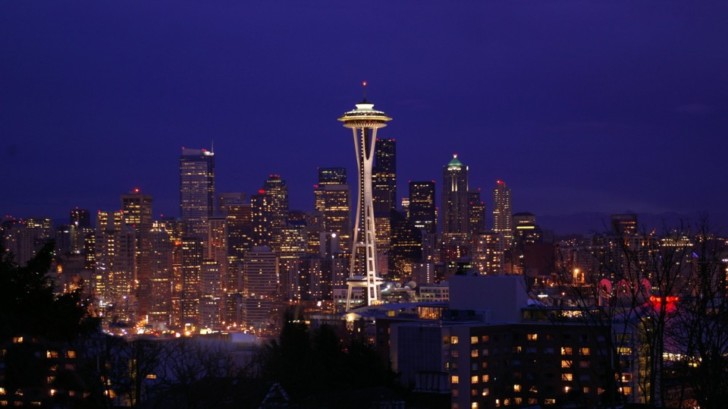We all know the travel industry is hurting right now. Governments have banned travel to China. Now, travel by foreign nationals from continental Europe to the U.S. is banned, too. Many countries are instituting mandatory quarantines for large segments of the traveling population, even citizens. Large gatherings are being outlawed in the name of reducing exposure, and the entire NCAA championship series will be played before empty seats.
The airline industry is reporting steep declines in business. United says bookings have declined 70%. Alaska Airlines has extended their deep-discount sale for nearly a week, although in fairness they’ve raised prices from $20 to $25 for a one-way ticket. European regulators have finally waived a rule requiring airlines to fly empty planes or risk losing their landing slots. And if you think plummeting oil prices are going to save the industry, don’t forget that many airlines hedge prices and are locked in at higher rates.
A little closer to home — or at least my heart, since I don’t live there anymore — Seattle’s hospitality industry is on the verge of collapse. Room occupancy at some hotels is below 10% with properties considering layoffs. It’s sad because when I first moved there the city had a lack of quality accommodations in good neighborhoods, something they’ve managed to turn around with lots of new construction. I have a couple of hotel reviews from a recent trip that I need to get up on the blog during my vacation next week.

Even worse, restaurants are starting to shut down. Amazon is spending $5 million to subsidize restaurants in South Lake Union and Downtown that no longer see customers after the entire workforce was ordered to call in from home. Some restaurants are shutting down permanently since, with margins as thin as they are, it’s unlikely they’ll be able to recover from even a temporary closure over the busy tourist season. Seattle is a big hub for cruises bound for Alaska, and while those itineraries aren’t affected yet, two other ships planning to make temporary port-of-call stops were turned away by the port.
My own employer has also asked us to work from home and cancelled a big conference in Las Vegas. SXSW has been cancelled — which I’m kind of happy about because Austin wasn’t designed to handle those crowds — but it’s a huge financial loss for the organization (which had a crappy insurance policy) and the local businesses that rely on those visitors.
It will get worse before it gets better. I suspect we’ll see continued reductions in schedule by airlines, perhaps some hotels will close temporarily, and there will be emergency assistance for furloughed employees so they can collect unemployment benefits even if they’re not looking for work. Even when the pandemic fades, probably in summer, the economy will take time to recover. The key thing to note here is that the travel industry is getting hit hardest and first. But they aren’t alone. Everyone else relies on the travel industry: to have fun, to get business done, to bring in new customers, etc.
There is a silver lining in all of this. The Great Recession was a golden time for travel loyalty programs. We had double elite qualifying points promos and big credit card bonuses. Deals could be stacked end on end. When the industry hurts, they tend to go after their most loyal customers to drum up more business. I wouldn’t recommend you travel now, but there could still be some good deals to take advantage even after the health risk has passed.
I’m not sure things will be quite as good as before. We have 10 years or so of evolution in how airlines and hotels think about loyalty, how to measure it, how to reward it. They and the credit card issuers have gotten better at shutting down loopholes and any other activity they view as “not consistent with the intention of the program.” But opportunities will exist. Plan for them. Be ready. A lot of the travel blogs you read today didn’t exist before the last recession. You’ve had 10 years to prepare for this moment.
But for now, be safe.
